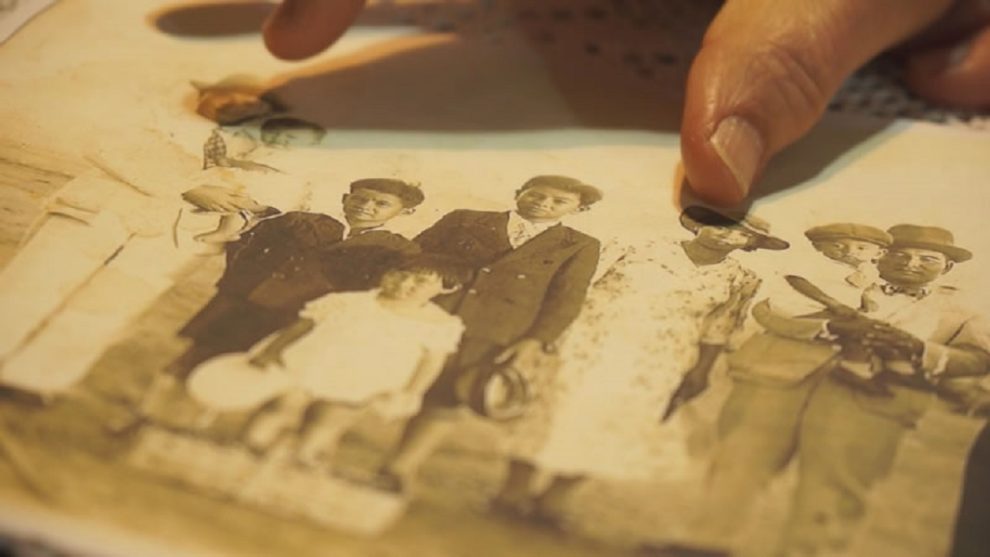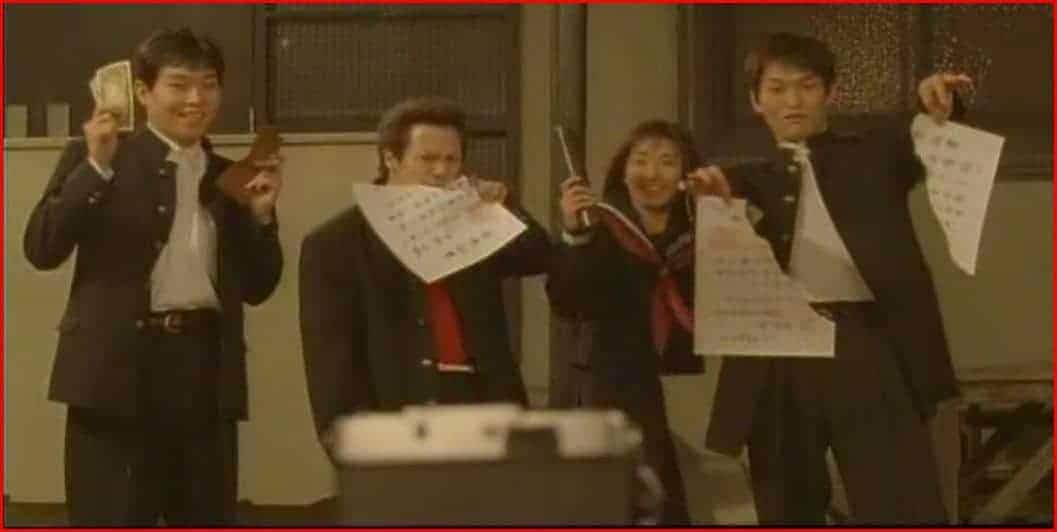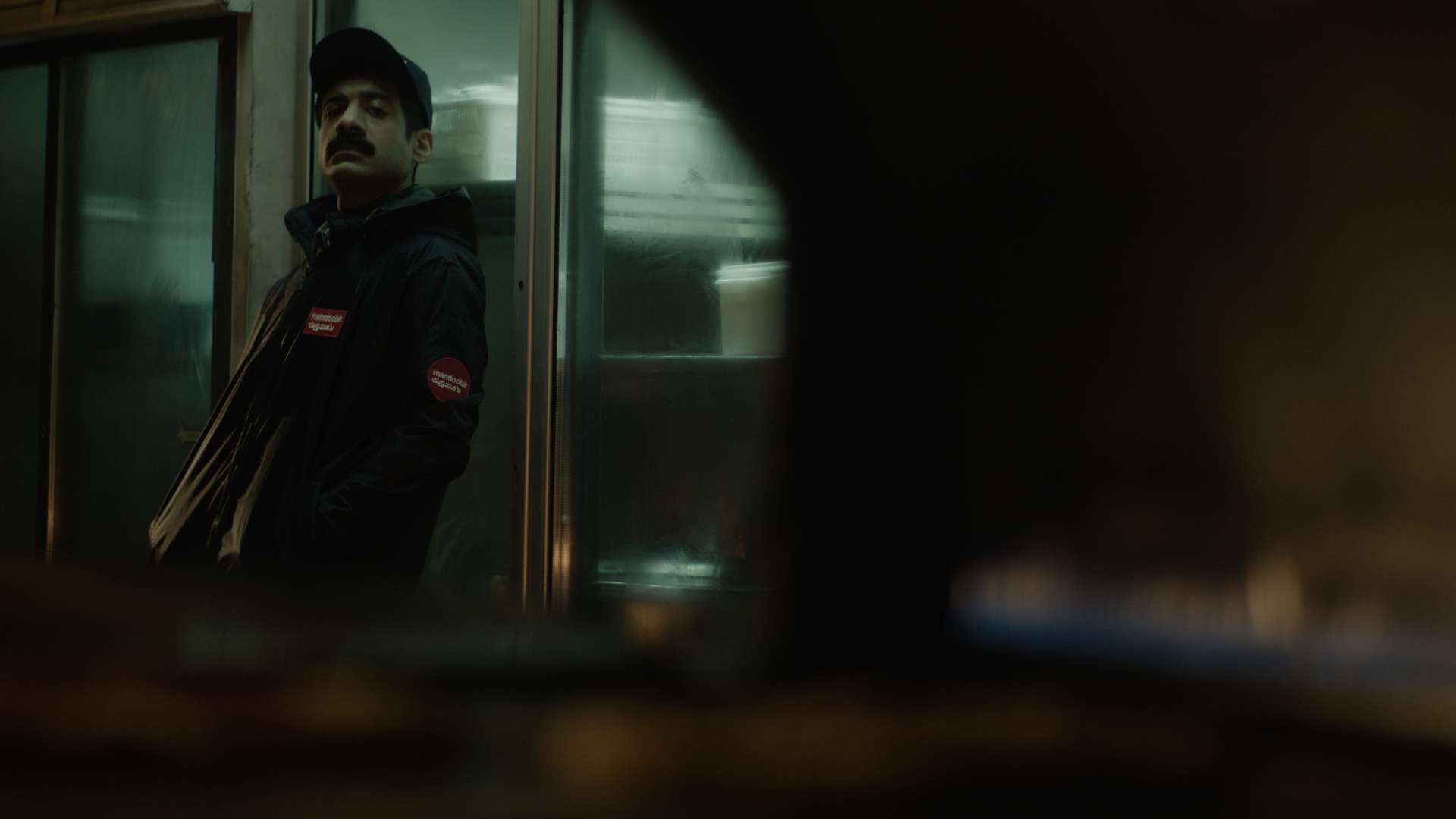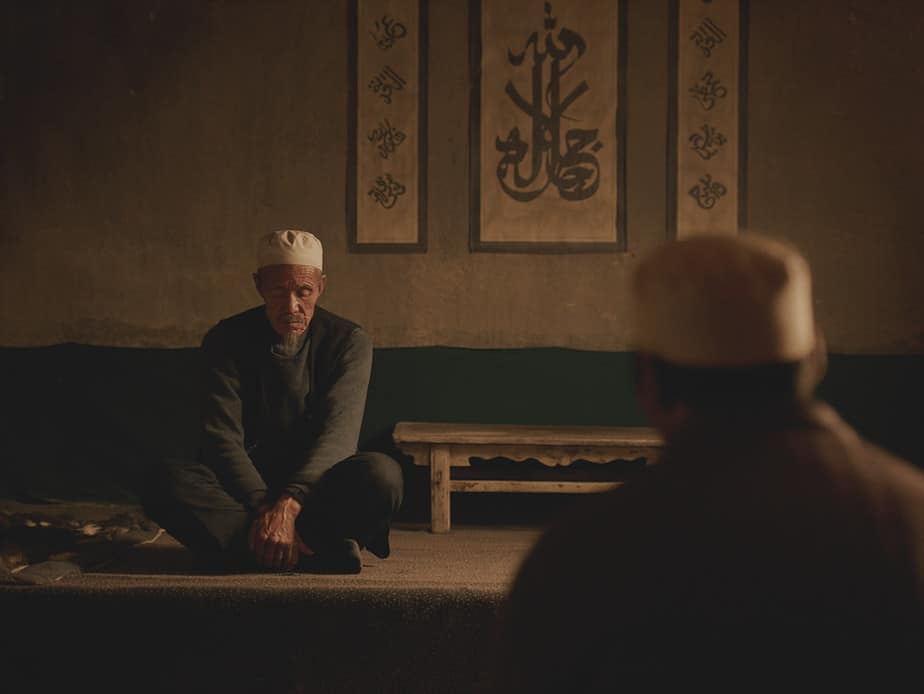Filmmaker Yoju Matsubayashi is best known for his documentaries in the wake of the Triple Disaster in 2011, with “311” (2011) and “The Horses of Fukushima” (2013). But while this is a well-documented event of Japan's recent past, his new documentary, “Okinawa/Santos” looks at a time and place with little or no records at all. In fact, it's something many would rather leave forgotten in the past.
Okinawa/Santos is screening at Camera Japan

With the sinking of US and Brazilian ships by German submarines, German and Japanese in the port city of Santos, Brazil were suspected as being spies during World War II. As such, in 1943, at short notice, the many Japanese living in Santos were forced to relocate. As is often the case, those migrating were forced into cramped conditions and administrative confusion, all under the watch of armed guards.
Locating a log of those who were relocated, Matsubayashi conducts a series of interviews with those still alive from the time – obviously children then; now elderly. These are not so much interviews, however, as informal discussions on a topic which both the Brazilians and Japanese would rather leave in the past.
In his research and discussions, Matsubayashi uncovers certain elements which expose more sinister truths. Brazilians had been distrusting Japanese for some time, with Japan's aggressive colonialism in Asia a driving factor, resulting in racist propaganda. But, with approximately 60% of those relocated of Okinawan descent, they were considered Japanese by Brazilians, but not necessarily Japanese by those from mainland Japan. Within Santos, there was segregation between Okinawans and mainland Japanese. And indeed, there was a conflict between those wanting to help either the Japanese or Brazilian war effort.
Come 1945 and some Japanese refused to believe that Japan lost the war, resulting in in-fighting among the Japanese, and terrorist incidents, leading Brazilians to be divided in their opinion of the Japanese population. For the Okinawans, they were a persecuted minority in a persecuted minority, and the lack of documentation of these events left people with no definitive home.
With interviews conducted in Japanese, Brazilian Portuguese and Okinawan dialect, you get the sense of an uncertain identity of those interviewed, despite now being elderly citizens. The lack of reporting on the forced displacement may be due to many Japanese wanting to be considered Brazilian – many having been born there – and something many want to forget ever happened. Others, however, campaigned for the re-opening of Japanese schools in Santos, wanting to keep their Japanese identity; their parents' intention always to return to Japan.
Matsubayashi keeps his technique minimalist, with informal interviews and only on-screen text for additional context. While shedding light on the event, the fact that Matsubayashi interviews numerous people from the time, leaves “Okinawa/Santos” a little unfocused. This is more a collection of shared experiences than a clear narrative of the event and its consequences following the war. One doesn't feel like they have been on a journey. A lack of source material and only the words of those recalling memories from over seven decades ago may be the cause of this, but it needs a little more structure.
An absence of the wider context of the war is also notable. Brazil saw no real conflict during World War II, and so the forced relocation of a migrant community may not evoke much sympathy, particularly among those from other Asian nations at the time. But this is what makes Matsubayashi's title pertinent: this is not so much about Japanese, but Okinawans. Already segregated from their fellow nationals, they are displaced form their home, and so have nowhere to turn. War and fighting may see you having two homes in name, but homelessness and isolation in reality.
















